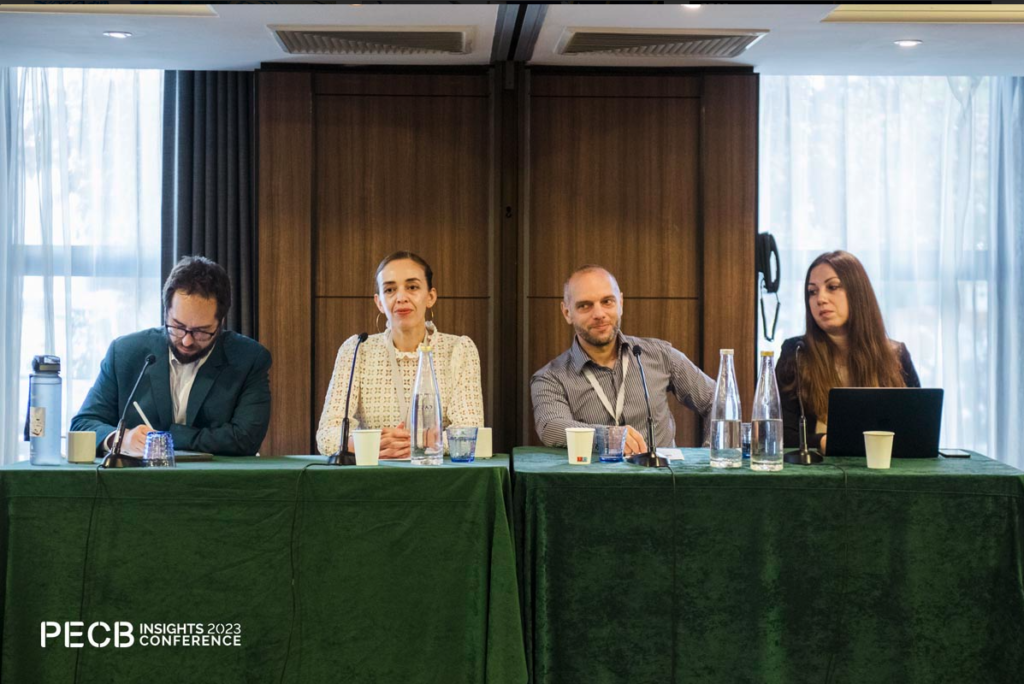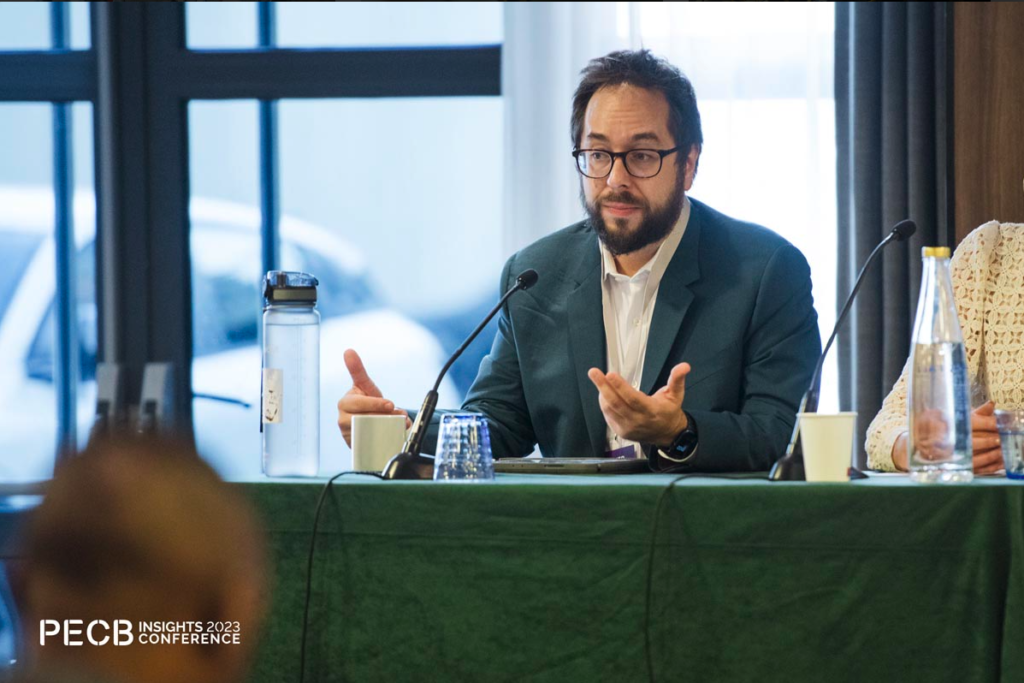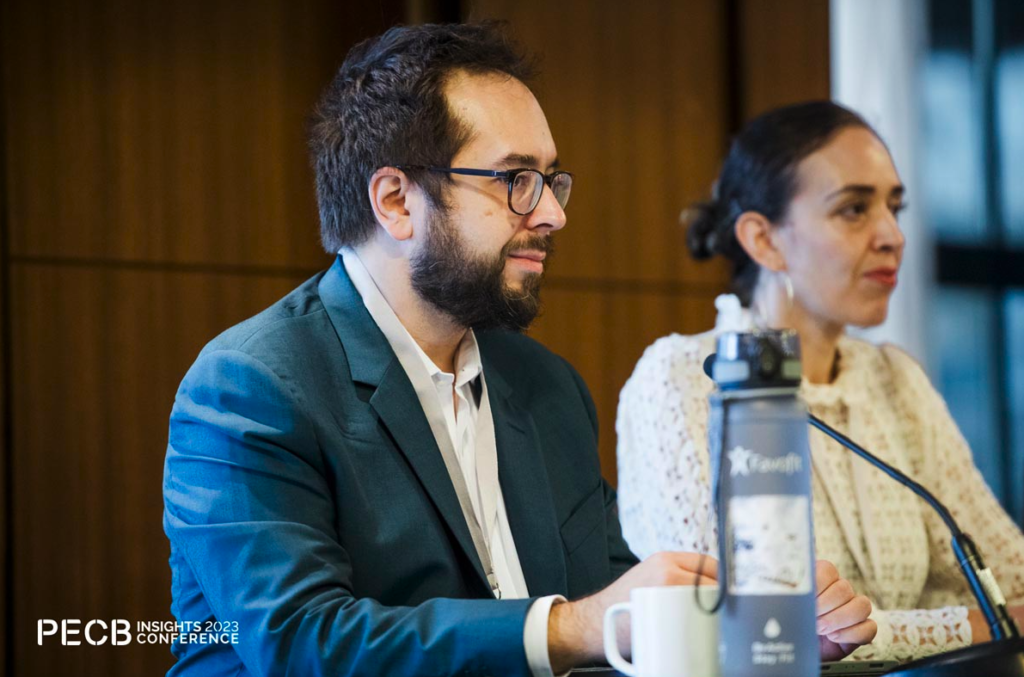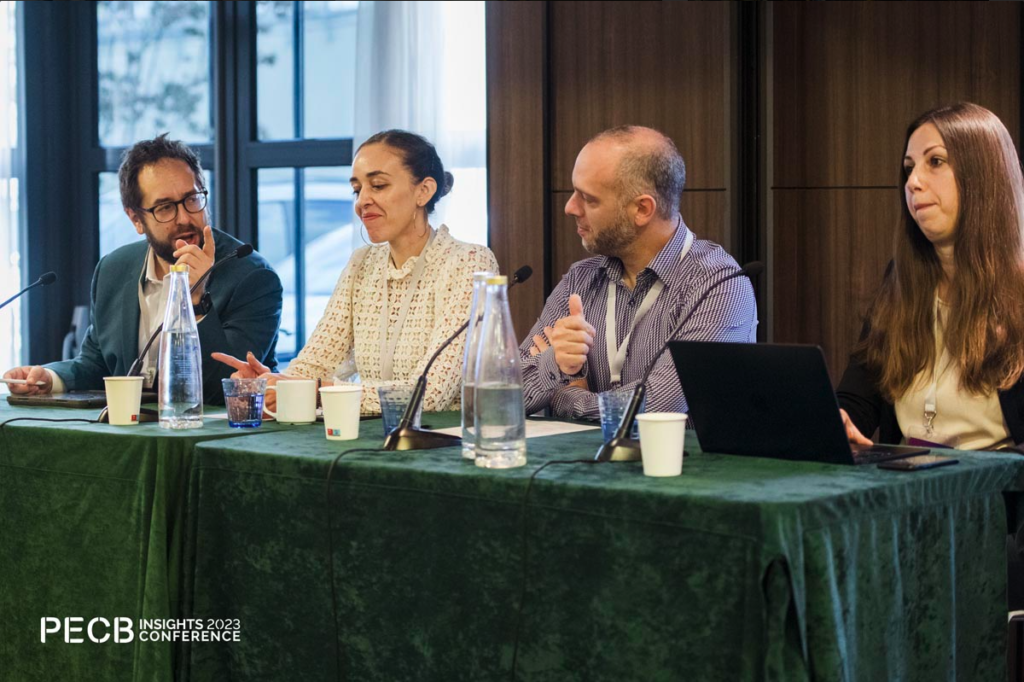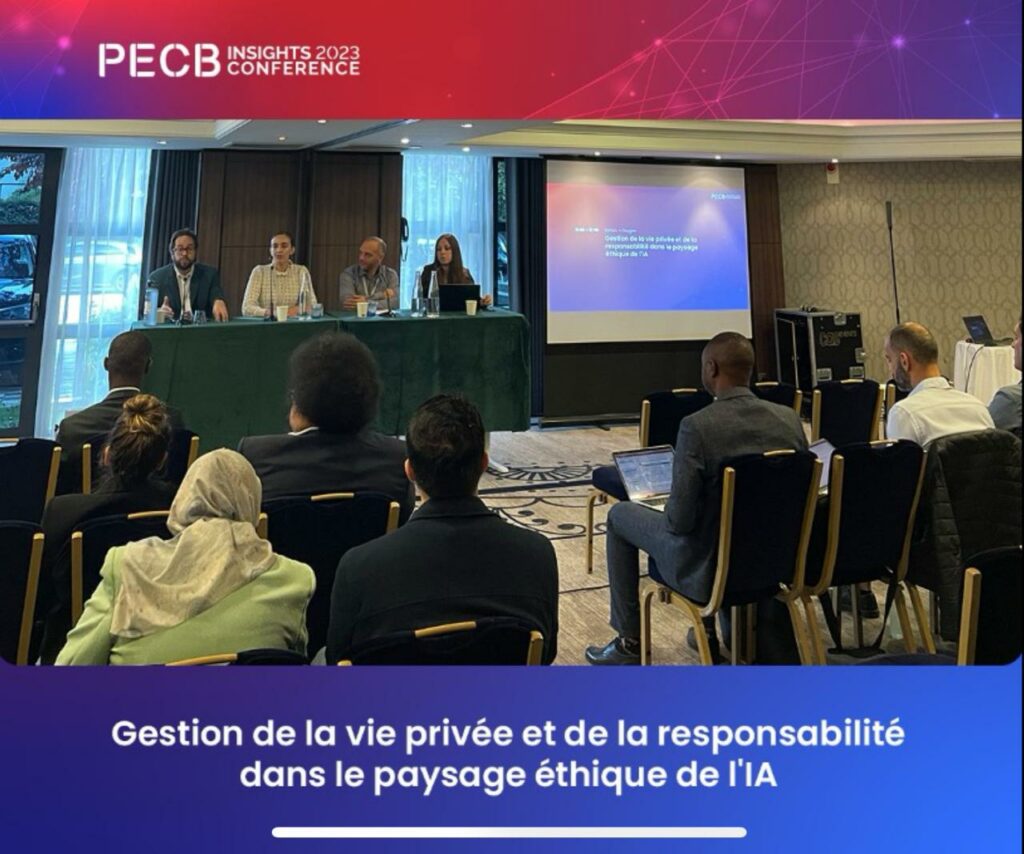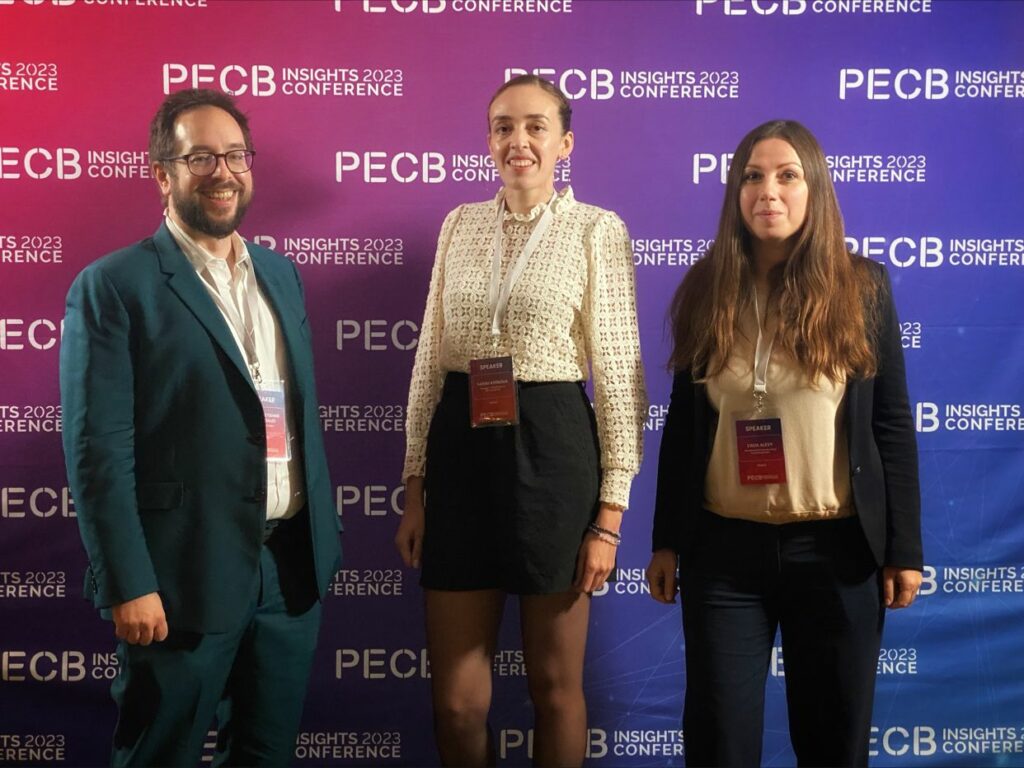Version 2.1 dated 24 May 2023 – Go to the official PDF version.
Executive Summary
The European Data Protection Board (EDPB) has adopted these guidelines to harmonise the methodology supervisory authorities use when calculating of the amount of the fine. These Guidelines complement the previously adopted Guidelines on the application and setting of administrative fines for the purpose of the Regulation 2016/679 (WP253), which focus on the circumstances in which to impose a fine.
The calculation of the amount of the fine is at the discretion of the supervisory authority, subject to the rules provided for in the GDPR. In that context, the GDPR requires that the amount of the fine shall in each individual case be effective, proportionate and dissuasive (Article 83(1) GDPR). Moreover, when setting the amount of the fine, supervisory authorities shall give due regard to a list of circumstances that refer to features of the infringement (its seriousness) or of the character of the perpetrator (Article 83(2) GDPR). Lastly, the amount of the fine shall not exceed the maximum amounts provided for in Articles 83(4) (5) and (6) GDPR. The quantification of the amount of the fine is therefore based on a specific evaluation carried out in each case, within the parameters provided for by the GDPR.
Taking the abovementioned into account, the EDPB has devised the following methodology, consisting of five steps, for calculating administrative fines for infringements of the GDPR.
Firstly, the processing operations in the case must be identified and the application of Article 83(3) GDPR needs to be evaluated (Chapter 3). Second, the starting point for further calculation of the amount of the fine needs to be identified (Chapter 4). This is done by evaluating the classification of the infringement in the GDPR, evaluating the seriousness of the infringement in light of the circumstances of the case, and evaluating the turnover of the undertaking. The third step is the evaluation of aggravating and mitigating circumstances related to past or present behaviour of the controller/processor and increasing or decreasing the fine accordingly (Chapter 5). The fourth step is identifying the relevant legal maximums for the different infringements. Increases applied in previous or next steps cannot exceed this maximum amount (Chapter 6). Lastly, it needs to be analysed whether the calculated final amount meets the requirements of effectiveness, dissuasiveness and proportionality. The fine can still be adjusted accordingly (Chapter 7), however without exceeding the relevant legal maximum.
Throughout all abovementioned steps, it must be borne in mind that the calculation of a fine is no mere mathematical exercise. Rather, the circumstances of the specific case are the determining factors leading to the final amount, which can – in all cases – be any amount up to and including the legal maximum.
These Guidelines and its methodology will remain under constant review of the EDPB.
(more…)
